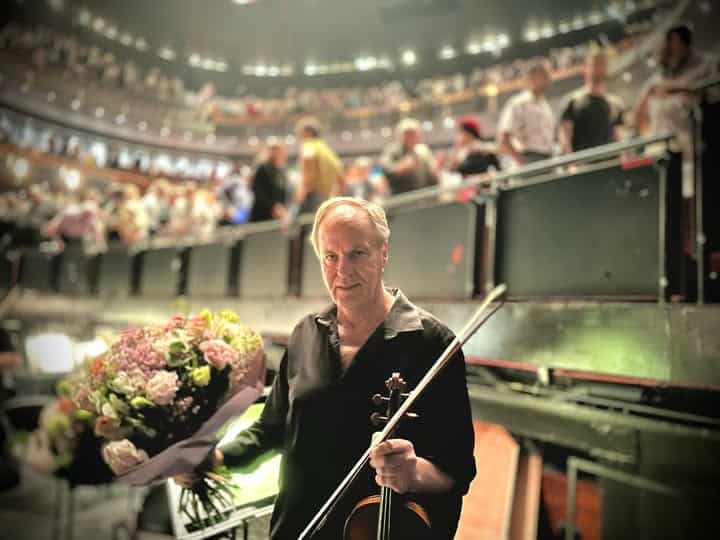Lone Brit loses out at the Cliburn
mainThe Van Cliburn competition has chosen its semi-finalists and Martin James Bartlett is not among them.

These are the 12 survivors:
Kenneth Broberg, United States
Han Chen, Taiwan
Rachel Cheung, Hong Kong
Yury Favorin, Russia
Daniel Hsu, United States
Dasol Kim, South Korea
Honggi Kim, South Korea
Leonardo Pierdomenico, Italy
Yutong Sun, China
Yekwon Sunwoo, South Korea
Georgy Tchaidze, Russia
Tony Yike Yang, Canada





Comments